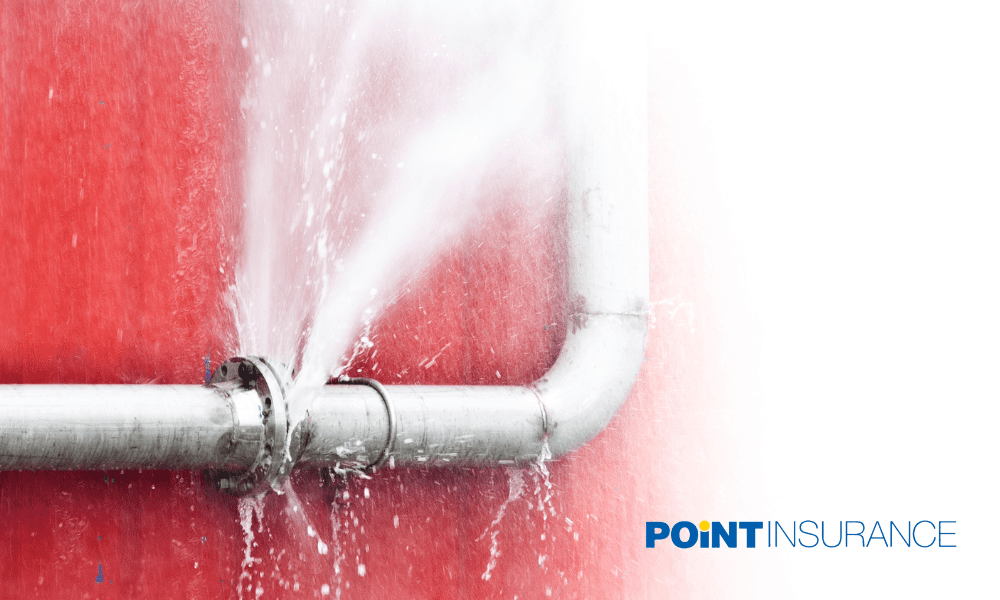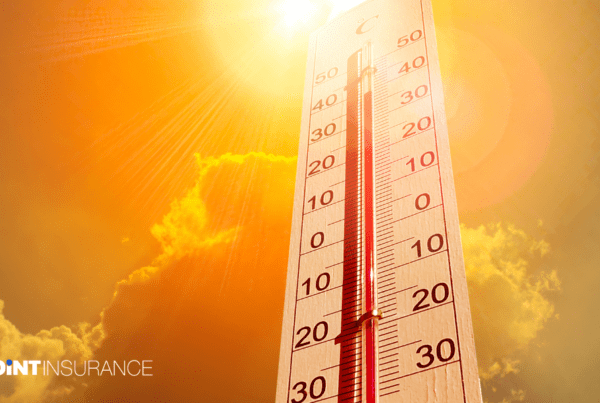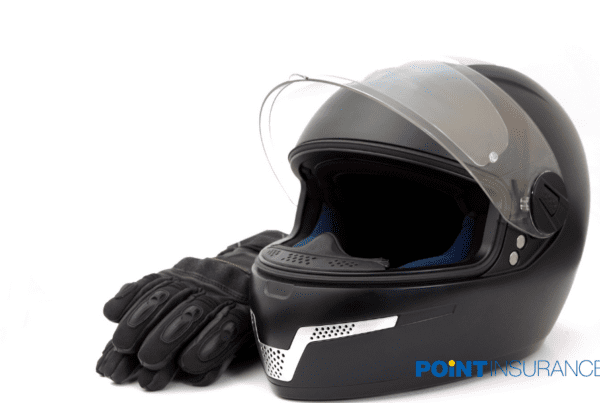
Don’t Let the Cold Get to Your Pipes This Winter
It’s hard to think of a worse start to a winter day in New England than turning on the faucet and … nothing. Maybe there’s a trickle of water, but it’s clear you have a frozen pipe. So, what now? Here are some smart tips to help you prevent or address what could quickly become a very messy and expensive situation:
- See to your outdoor water lines: Before cold weather arrives, drain the water sprinkler and swimming pool supply lines, and remove, drain and store outdoor hoses. If possible, close the inside valves supplying outdoor hose bibs, and open the outside ones for draining. Keep them open so any remaining water can expand without breaking the pipe. If you can’t shut off the water from the inside, pick up some foam faucet covers.
- Keep your home warm: Maintain an interior temperature of at least 55 degrees Fahrenheit, even when you’re sleeping or not at home. Seal any drafts and leave interior doors open to help keep an even temperature from room to room.
- Tend to those pipes: Leave the cabinet doors open in the kitchen and bathroom so your lines aren’t shut off from the warm air. You can also insulate your pipes with sleeves, heat tape, or heat cable. Insulation is essential in unheated areas, such as your attic, basement, garage, or crawl space, and for pipes running along exterior walls. During severe cold spells, you may want to leave all hot and cold faucets running at a slight trickle.
- Call in a professional: Frozen water in your pipes can cause them to burst, meaning you’ll have a mess on your hands once that water unthaws. So, act quickly to shut off your main water supply, and call a licensed plumber to see the situation.
Finally, get in touch with us at Point Insurance to check whether you’re covered for the damage a frozen pipe may cause. We’re happy to answer all your policy questions this winter and beyond.



